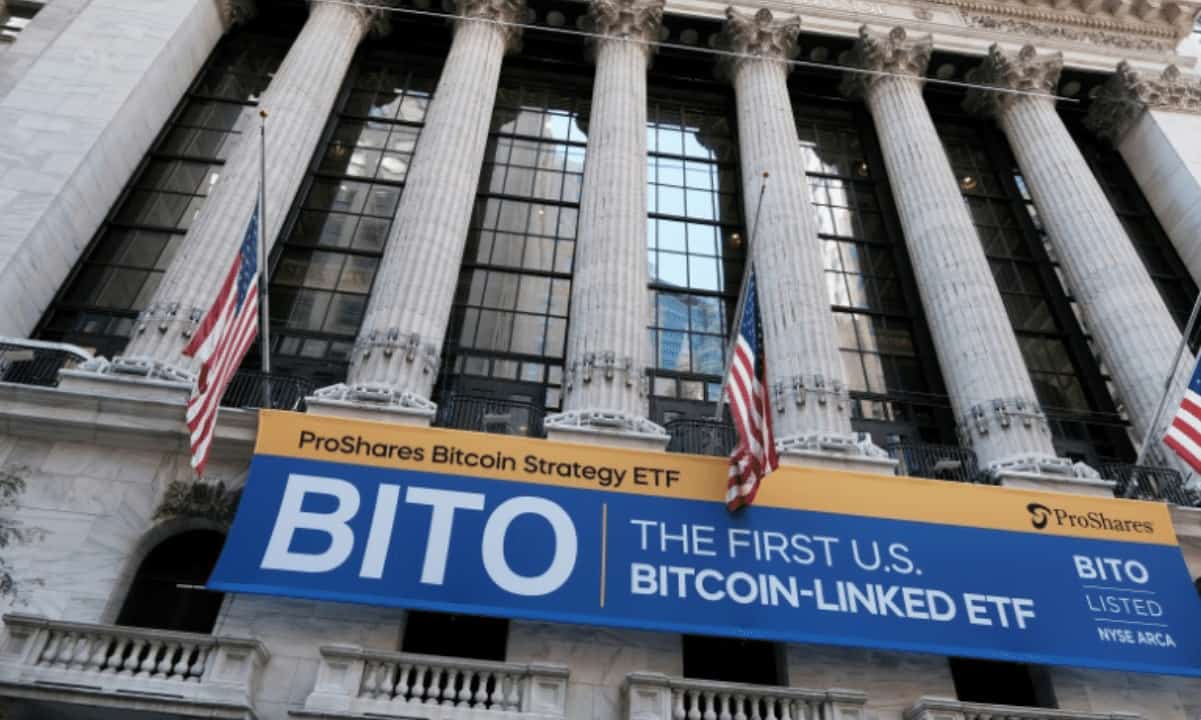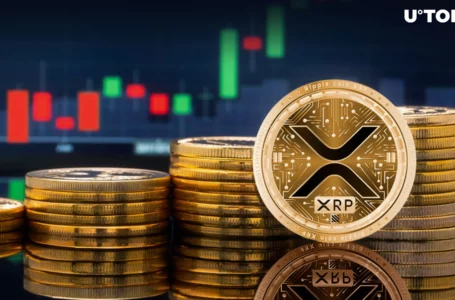
The ProShares Bitcoin Strategy ETF (ticker BITO) is proving to be more popular than it can handle. The fund is already nearing its limit on the number of futures contracts that the Chicago Mercantile Exchange (CME) permits it to hold.
More popularity of the ProShares ETF
According to data collected by Bloomberg, the ETF already holds 1,900 futures contracts for the month of October alone. The CME limits the number of contracts it can hold in its front month to 2,000, meaning only 100 are remaining.
Meanwhile, ProShares also has 1,400 futures contracts for November to avoid going over its limit. However, the CME also imposed an absolute limit of 5,000 futures contracts to be held at a time. Since BITO has accumulated well over half of that amount within three days of launch, it is likely to hit that threshold very soon.
BITO – the first US Bitcoin Futures ETF – had the second most successful opening day in NYSE history. It traded $ 500 million within the first hour of launch and nearly $ 1 billion throughout the day. This was topped only by a BlackRock carbon fund, which merely traded higher due to pre-seed investments.
If BITO continues to spread its holdings over longer-term contracts, it risks pushing futures prices further away from the actual price of Bitcoin.
Nate Geraci – president of the advisory firm “The ETF Store” – echoed this thought.
“The end result is that the ETF will start accepting a potentially large tracking error against the spot price of Bitcoin. The ETF is forced to obtain Bitcoin price exposure at higher and higher prices as it goes further out on the futures curve.”
Disadvantages of Futures ETFs
Most agree that the SEC’s Bitcoin Futures ETF approval was an essential regulatory development for the cryptocurrency space. However, many also consider a futures ETF to be a suboptimal investor solution compared to a spot-based one.
In addition to price tracking errors, futures ETFs come with a number of administration fees that reduce investor profits. In comparison, spot ETFs are virtually free from these drawbacks.
However, SEC chairman Gary Gensler is clear about being more open to futures-based ETFs. These are regulated by the Chicago Mercantile Exchange, which offers protections to the investors it likes.


















